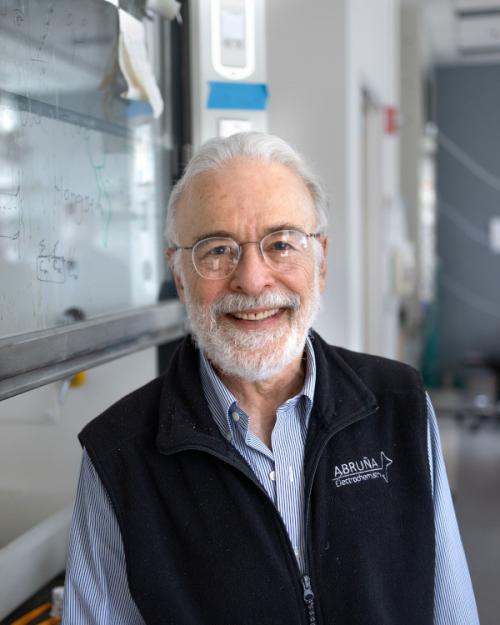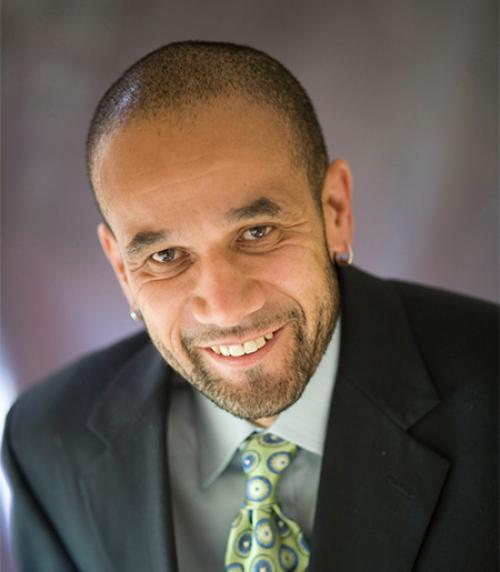I have long been troubled by Henri Bergson’s notion that all of us have only one idea. In spite of our best efforts to constantly do new work, we keep returning to this one idea. For academics, Bergson’s is a depressing proposition because a career marked by repetition is, surely, a career lacking in originality. And who would want that?
Except that maybe one does. If, that is, you understand it less as a matter of repeating yourself than living, for an intellectual lifetime, with a single idea and coming back, time after time, to that idea. To live with an idea that provokes, discomfits, unsettles, disconcerts, enables new insights, and then to understand how that idea coalesces every notion that appeals to you, informs the very question(s) that keeps you awake at night.
As such, having just one idea is not in the least depressing. You are never wedded to just one idea but several iterations of that idea. In giving yourself entirely to that idea you are, rather wonderfully, liberated into a polymorphic relationship with that idea; you’ve become a jazz musician riffing again and again on a single melodic phrase.
Still, it took me a long time to recognize that all my intellectual pursuits amount to the same thing: how to conceive of intellectuals and thinking.
I know that the work of the intellectual is to think but I had never raised thinking as a question until I read Martin Heidegger’s Was Heißt Denken? (“What is Called Thinking?”) What does it mean to think, Heidegger asks repeatedly? He acknowledges that in order to think we draw upon capacities such as memory, polemic, logic, gathering of information, knowledge, what Heidegger names “mere reflection” and even reason itself. The best Heidegger can do is define thinking negatively: we do not know what thinking is but we do know when we are not thinking. We may not be able to articulate thinking, but we can recognize it. For my own part, I have a simple – but infinitely demanding – definition: to think is to undertake the work of being an intellectual in the world.
So now every time I write an essay, or do research for my next book, I ask myself if I am thinking. Every time I teach, write or prepare for a presentation, I must consider scrupulously and with an unflinching honesty whether my work meets the threshold of thinking. I am not sure, ever, if I meet this standard, but I am fully conscious of the end to which I am striving.
Such a commitment is precisely what calls for repetition. You can only be felicitous to the idea, you can only be true to the question that disturbs your waking hours, if you are willing to rehearse that single melodic phrase for the umpteenth time. Always, of course, in the hope that a slight variation (let’s call it a new insight) can be achieved. There are rare moments when I can say: “Today I learned something. Because of Was Heißt Denken?” This is the reward for the value of what might be grandly called the perpetual vigilance of thought.
Heidegger has compelled to me to become my own (best) teacher. Heidegger has made me intensely conscious of how it is I learn, from Was Heißt Denken? and every other book I read. Heidegger makes me intimate with how I learn from my own thinking; or, how I am not thinking.
This is the privilege of working in an institution such as the university. One is employed to think. To phrase the matter more baldly, I am paid to think, which makes me responsible, before all else, to thinking.
I suspect that I have always known this. I have more than a sneaking suspicion that thinking is what drew me – I am so tempted to speak of this vocationally and say “called me” – to the academy, even as an undergraduate. I am sure, however, that I would never have been able to make sense of my work, of how it is I do it, of why I pursue the questions that I do, why I have tried to acquire different disciplinary competencies, if I had not read Was Heißt Denken?
Heidegger’s is a book that did not so much open up worlds to me, as reveal the logic of my own investment in my work to me.
That strikes me as quite something: to have oneself explained to oneself, and to find reason to smile, contemplatively, at having achieved such an insight. As much as anything, Was Heißt Denken? inflects the work of self-confrontation, because that is what sitting down and writing is (sometimes more painful or enjoyable than others – to face oneself on the page in front of you), with nothing less than intellectual joy.
Heidegger’s book has taught me to revel in the one idea and then to realize how many avenues of thought are made possible by that one idea. The single idea, then, never restricts. Instead, it informs and gives shape to every intellectual undertaking and in so doing it rhizomatically connects one to other thinkings, to other questions.
It is, then, perhaps not what a favorite book does (although I would never gainsay the value of that), but that it leads one to approach every other book with a single question in mind: what thinking does this book make possible? What is the one idea that governs this author? What happens in the confrontation between ideas? What happens when one idea searches out another, what takes place in the encounter between one thinking and another?
I am only able to ask these questions, I am only able to express this fidelity to thinking, I only “incline” (a favorite Heidegger word) toward thinking, because of Was Heißt Denken?
For the gift that I have been made by this book, I am immensely grateful, only marginally less so to Bergson than to Heidegger.
About the Transformative Humanities Project
Faculty in the College of Arts & Sciences share a belief in, and speak often with our students, their parents, and the broader public about, the importance of the humanities for shaping deep and meaningful human lives. These short reflections by our faculty illustrate — in concrete and personal ways — how encounters with the stuff of the humanities have in fact been transformative in their own lives. In composing these reflections faculty were responding to the following assignment: Pick a single work in the humanities that has profoundly affected you — that inspires you, haunts you, changed the way you think about things, convinced you to pursue your life’s work, redirected your life’s work . . . in short, a work that has made your life in some way deeper or more meaningful.
This reflection is one of the many thought-provoking and inspiring faculty contributions to the “Transformative Humanities” project, part of the College of Arts & Sciences’ New Century for the Humanities celebrations. Read more of them on our New Century for the Humanities page.




